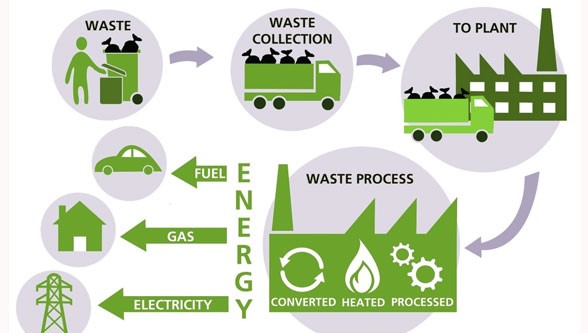Free Courses Sale ends Soon, Get It Now


Free Courses Sale ends Soon, Get It Now



Copyright infringement is not intended
Context: Ensuring healthy lives and promoting well-being for everyone at all ages is one of the key sustainable goals of the United Nation’s 2030 agenda for sustainable development.
Every year, India generates almost 62 million tonnes of municipal solid waste (MSW), roughly half of which is organic in nature.
Air pollutions
Biogas
Need for Biogas production
Implications of Biogas production:
© 2024 iasgyan. All right reserved